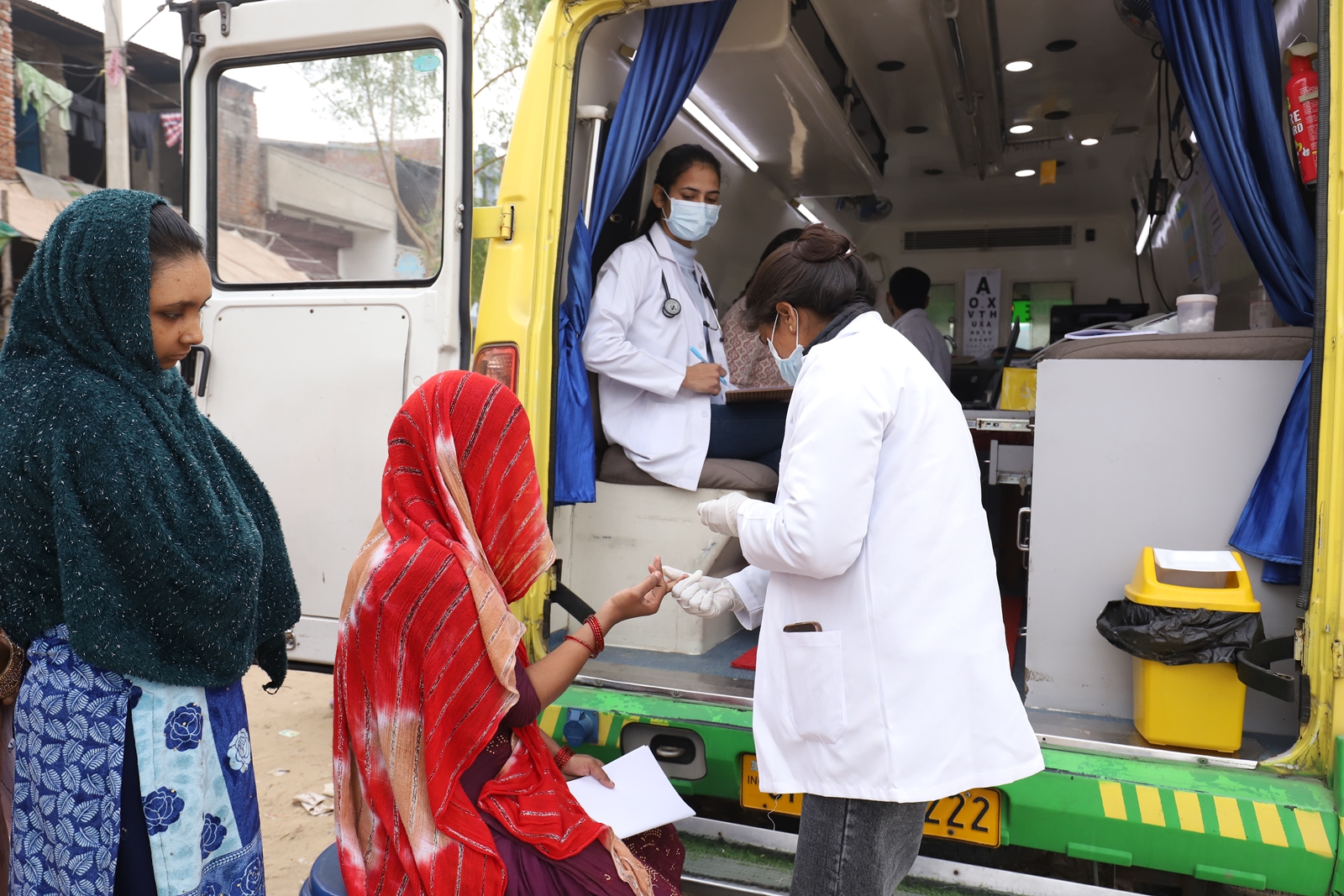With a centralised platform acting as an ecosystem of health services, the National Digital Health Mission (NDHM) can revolutionise how India delivers healthcare at scale.
Taking a quantum leap towards the goal of Universal Healthcare for all, Prime Minister Narendra Modi announced the launch of National Digital Health Mission (NDHM). The project proposes to make healthcare accessible and affordable for every Indian through an integrated digital platform functioning as an ecosystem of various health services.
A health ID for every Indian citizen will be created in the form of a mobile app and will be linked to this platform. This way, the platform will act as a repository of an individual’s health records about past consultation, medications, doctors consulted and the health facilities visited. However, enrolling on the healthcare platform and sharing data is voluntary and up to the discretion of the citizens. Even after they are onboard, no data will be shared unless the individual authorises it. It comprises a Digi Doctor feature that allows specialists to enrol in to the platform and offer digital prescriptions enabled by electronic signatures. A digital national health registry has also been provisioned to work as an integrated foundation of national health data.
The National Health Analytics (NHA), the body which spearheaded implementation of Ayushman Bharat, has built the NDHM platform. The genesis of this idea goes back to 2018 when NITI Aayog tendered the thought of creating an automated and centralised process to recognise the unique identities of the users of National Health Stack (NHS) – a shared digital healthcare infrastructure hosting centralised health record for all citizens.

The current scheme will not only make healthcare more accessible but can also turn India into a powerhouse of healthcare knowledge. By leveraging machine learning (ML) and artificial intelligence (AI) techniques, the National Digital Health Mission seeks to analyse its data repository to draw insights on disease patterns, predict onset of ailments or seasonal outbreaks. This will significantly add to the effectiveness of healthcare by making it more proactive. It will also enable livelihood opportunities through the possibilities of bringing in entrepreneurs who might want to build solutions aligned to the proposed infrastructure.
The government is also taking steps to ensure security of data by mandating a framework and a set of minimum standards for data privacy protection. All the core activities and verifications like generation of Health ID or approval of a doctor/facility will remain with the government. Yet experts remain wary about NDHM’s implications on data protection. Many suggest that the mission should define stringent policies against commercial exploitation of Sensitive Personal Information (SPI) by private entities like insurers, pharmaceutical companies, and device manufacturers. Most of the diagnostic centres and pathology labs are dominated by the private sector. Question is how will the government bring them all into the fold of National Digital Health Mission ensuring that they all adhere to confidentiality of the information?
To know more about Smile Foundation’s digital health initiative visit https://www.smilefoundationindia.org/baton-baton-mein-sehat/









